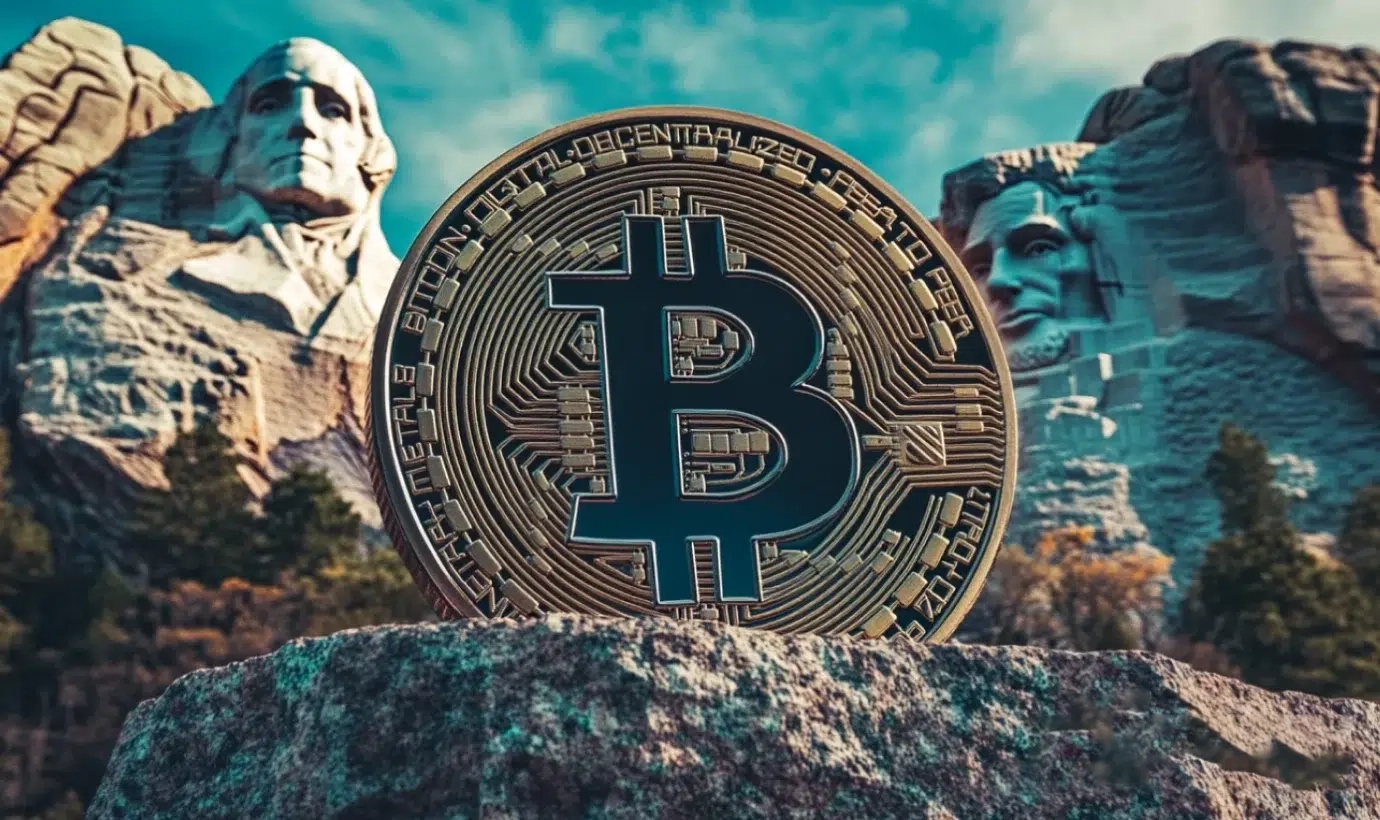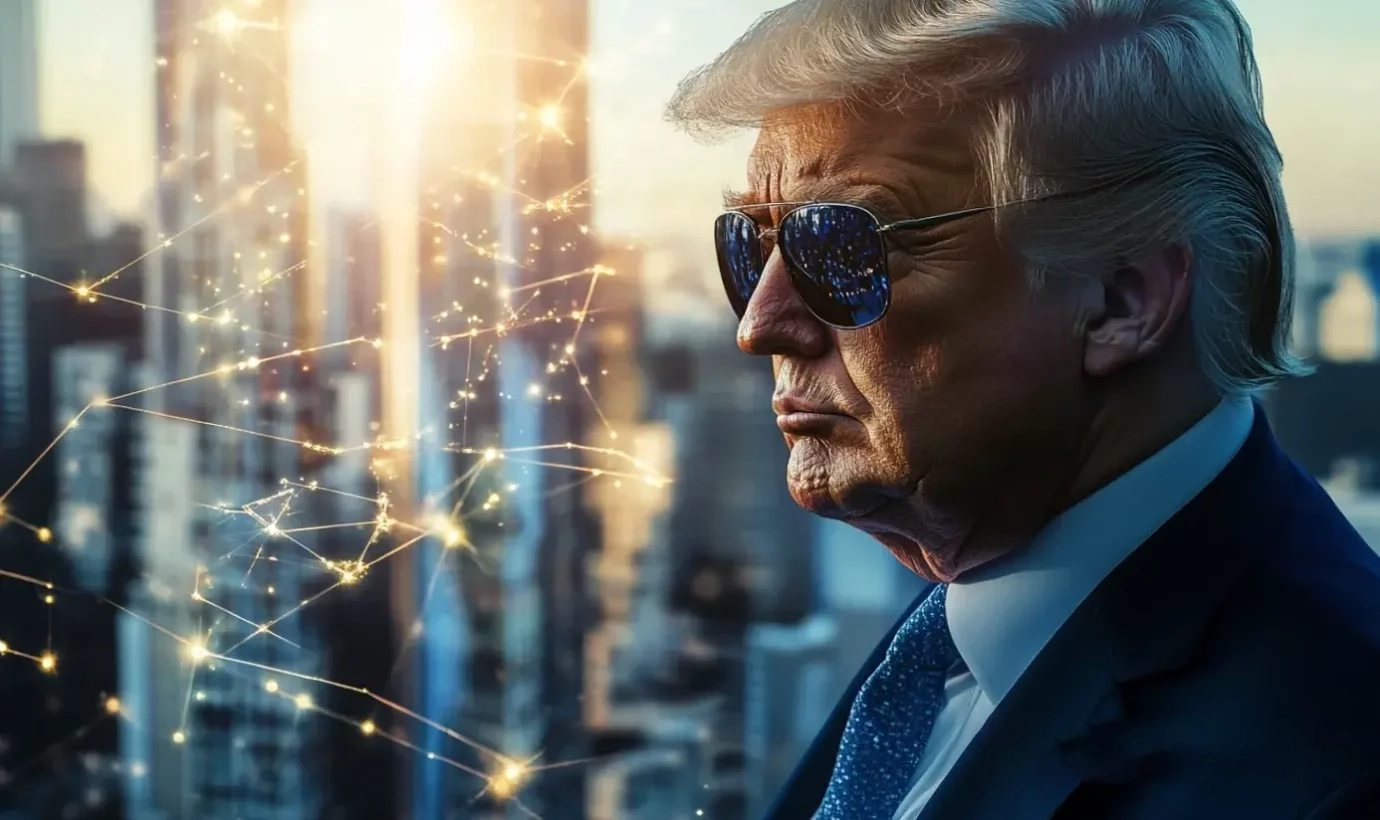Your Source for the Latest in Crypto Trends
The cryptocurrency industry is gearing up for November’s US presidential election, investing heavily to support candidates who may favor sensible regulation. Despite leading other sectors in campaign funding, uncertainty remains about how either candidate will approach the industry and whether they will prioritize builders over speculators.

Former President Donald Trump, the Republican candidate, has caught attention by pledging to make the US the “crypto capital of the planet.” At a recent Bitcoin conference, he outlined plans to establish a Bitcoin strategic reserve and embrace stablecoins, which resonated with the audience. However, Trump’s approach highlights the industry’s key issue: policy debates are often dominated by those focused on financial speculation, while those aiming to build long-term solutions with the technology are often overlooked.
On the other hand, Vice President Kamala Harris, the Democratic nominee, has been relatively quiet on cryptocurrency. This provides her with an opportunity to present a more thoughtful and progressive stance on financial innovation. Like AI, crypto policy is about fostering innovation and maintaining national competitiveness. To lead in this space, the next administration must first overhaul the current financial regulatory landscape, which is led by Securities and Exchange Commission Chairman Gary Gensler, who has resisted open dialogue with the crypto industry.
However, simply installing regulators who support a short-term profit mentality won’t solve the problem. While cryptocurrencies have spurred valuable infrastructure, they’ve also been misused by bad actors to commit fraud. Sam Bankman-Fried, for instance, exploited the current regulatory loopholes for personal gain.
The current regulatory chaos benefits businesses driven by speculation and scams. Those advocating for clear regulations or cooperating with authorities often face penalties, such as losing access to critical banking services.
Effective crypto regulation requires more than just Trump’s promises. The issue extends beyond cryptocurrency itself. To lead in AI, defense, and other innovation-driven sectors, the US needs forward-thinking regulations that acknowledge the value these industries bring to the economy. Crafting such rules requires more than pandering to Bitcoin advocates and supporting stablecoins.
Trump’s proposal for the US government to hold Bitcoin as a strategic asset may boost Bitcoin’s price, but it’s unclear how it serves national interests. Instead, the federal government should treat blockchain-based networks as critical infrastructure, similar to 5G.
Furthermore, the government shouldn’t blindly support domestic Bitcoin mining without promoting renewable energy or reinforcing the power grid, as demonstrated by Texas’s fragile energy system. Regulation should ensure that Bitcoin mining and chip manufacturing contribute to national security while minimizing environmental harm.
During a speech in Nashville, Trump criticized the Biden administration for restricting crypto businesses’ access to banks. However, the core issue lies in the regulatory environment that makes it difficult for banks to engage with crypto safely. Many banks recognize the growing role of digital payments, but unreasonable rules like Staff Accounting Bulletin No. 121 (SAB 121) create barriers by imposing punitive accounting standards.
Achieving this vision requires a strong compliance framework. Many stablecoin issuers either don’t know or don’t care whether their digital dollars are held by sanctioned entities. This presents a major obstacle to mainstream adoption. Crypto entrepreneurs must address identity and compliance challenges, though progress in this area has been slow. New regulations should encourage the private sector to take on this responsibility.
Ultimately, Washington policymakers need to come together to draft new regulations, rather than trying to fit crypto into outdated laws. The industry must also address the long-standing issues ignored by both traditional financial services and crypto leaders. A well-crafted crypto policy would prioritize builders over speculators, potentially unlocking a technology that could restore competition in industries that haven’t seen it for decades, much like the early days of the internet.





